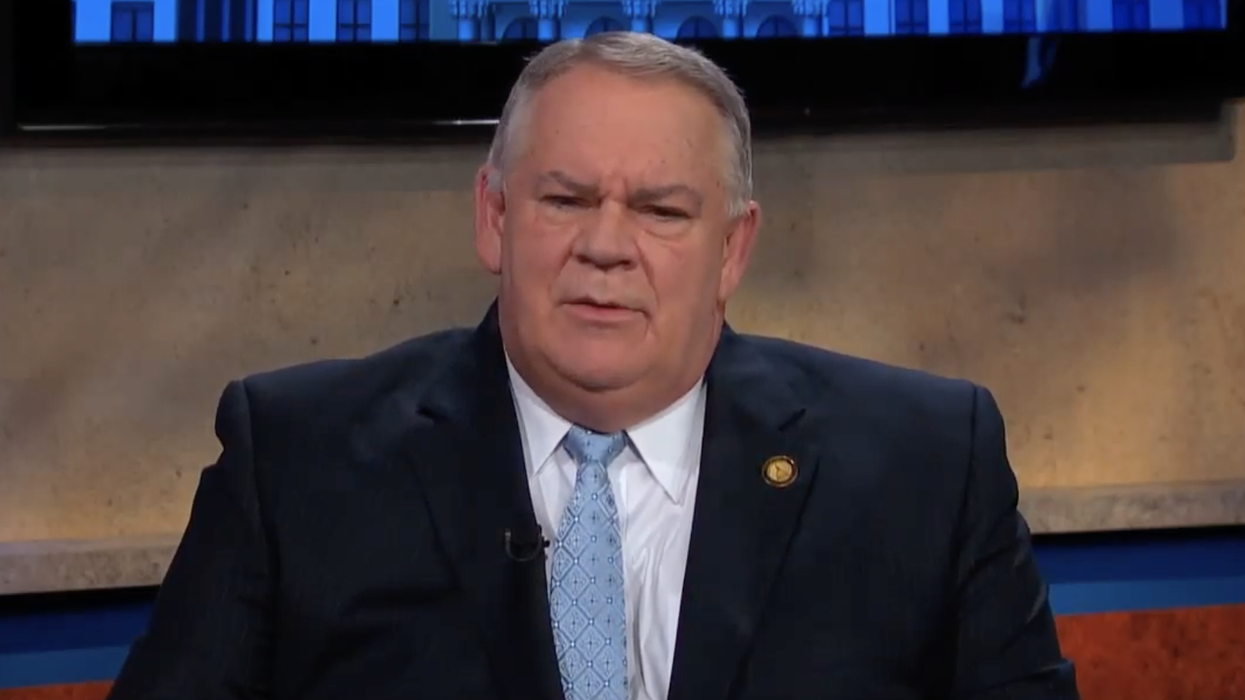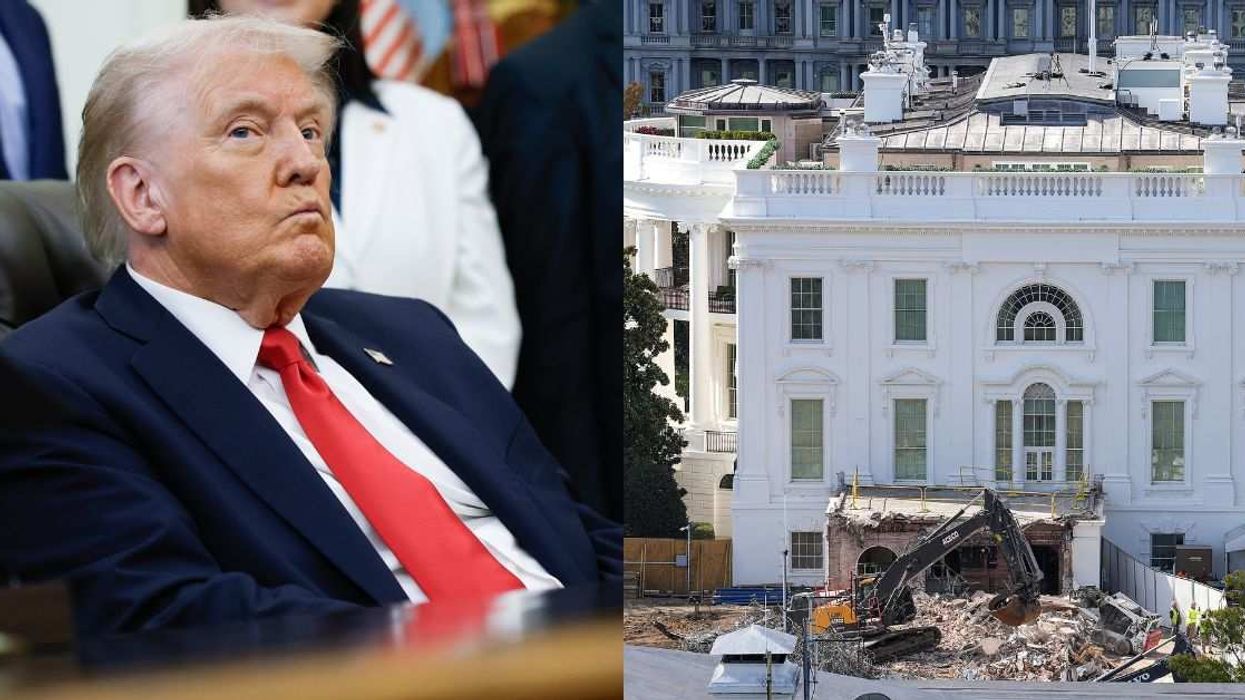Georgia's Republican governor, Brian Kemp, recently announced a stay-at-home order for his constituents in the face of the global pandemic.
One of Kemp's measures included limiting gatherings in Georgia to 10 people, but the governor's rightful caution has thrust the status of Georgia's May 19 primary into uncertainty.
Kemp insists that, at the moment, he doesn't have the power to postpone the state's primary, despite pressure from all of Georgia's GOP lawmakers.
Rather than postpone the election, Georgia Democrats are urging an increase in voter accessibility, namely with a massive expansion of voting by mail.
Soon, all Georgia voters will be mailed absentee ballot request forms by the Secretary of State.
Georgia's Republican House Speaker, David Ralston, didn't even bother hiding why he and his party are against the idea:
"This will be extremely devastating to Republicans and conservatives in Georgia. Every registered voter is going to get one of these. … This will certainly drive up turnout."
Like many states in the South, discouraging voter turnout is a key component to securing election victories for Republicans.
People called Ralston out for saying the quiet part out loud.
Governor Kemp himself infamously relied on voter suppression in his successful gubernatorial bid against Democratic Georgia Representative Stacey Abrams in 2018.
Kemp refused to leave his post as Georgia's Secretary of State, despite the blatant conflict of interest with him overseeing an election in which he was a candidate. Kemp's office delayed the registrations of 53,000 voters without notifying them, and 300,000 voters were wrongly flagged as ineligible to cast their ballots. The measures disproportionately affected the state's Black voters, with whom Abrams was polling at 90 percent.
Abrams lost the race by less than two points.
People noted that loss when hearing Ralston's words.
Abrams has gone on to form a coalition focused on mobilizing voter turnout across the nation, and is a favorite for a potential Vice President bid in the 2020 election.
Meanwhile, Kemp astonished constituents on Wednesday when he told reporters that Georgia's government had just learned that people could contract and spread the virus without experiencing symptoms. The so-called revelation is what finally convinced Kemp to issue the stay-at-home order.
Asymptomatic transmission had been a known and widely-reported factor for months.
















